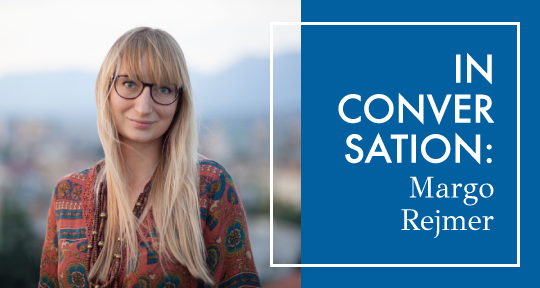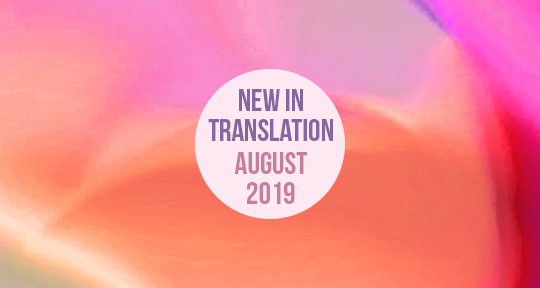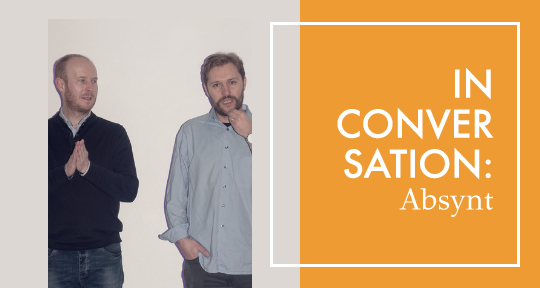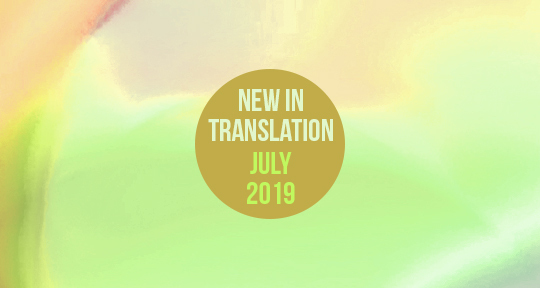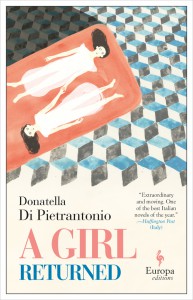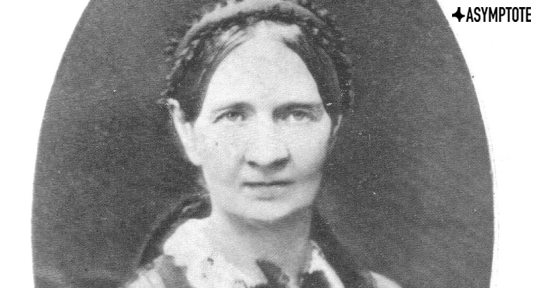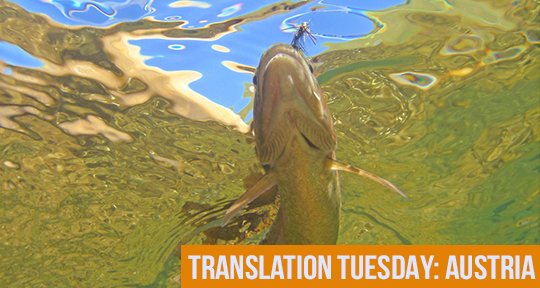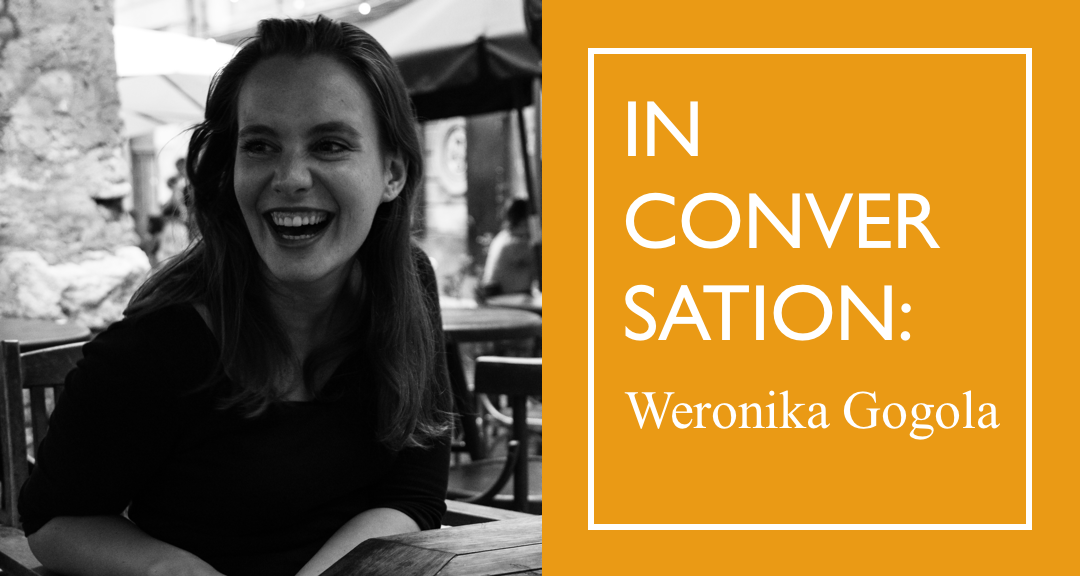As Italo Calvino said; “Literature is like an eye that can perceive beyond the chromatic scale to which Politics is sensitive.” This week, our editors are spanning Poland and Central America this week to bring you news of literature festivals, celebrations, and renowned writers bringing international regard to their home countries, but also, reports of literature in acts of reclamation, restoration, and freedom. To reinstate humanity into issues that seem beyond individual control is a necessary use of language, and around the world, writers are taking up the responsibility.
Julia Sherwood, Editor-at-Large, reporting from Poland
In every corner of Poland, book lovers had a literary festival to choose from this summer. The Borderland Foundation, an international centre for dialogue in Sejny on the Polish/Lithuanian border, hosted a programme of discussions, workshops, and concerts from June through August, with guests including Yale University historian Timothy Snyder, who discussed The Road to Unfreedom with the centre’s director, Krzysztof Czyżewski (photos here). In July, the Non-Fiction festival in Kraków featured acclaimed non-fiction writers of the likes of Małgorzata Rejmer as well as rising new stars of literary reportage, such as Katarzyna Puzyńska, who has made a successful switch from best-selling crime to non-fiction, publishing two books of interviews with Polish policemen. Sopot Literacki, a literary festival in the Baltic Sea resort of Sopot, showcased literature from the UK from August 15 to 18, featuring, among others, novelist Sarah Perry, illustrator and comic book author Katie Green, and Reni Eddo-Lodge talking about her book Why I’m No Longer Talking to White People About Race, as well as a debate among literary scholars on the current readings of the Frankenstein myth. And in the final week of August, Sopot’s sister city Gdynia renames itself the City of the Word, staging a literary festival focusing on Polish writers before the September 1 announcement of the 2019 Gdynia Literature Prize.
Jacek Dehnel, one of the authors appearing at the Gdynia festival this week, presented his latest book, Ale z naszymi umarłymi (But Together With Our Dead), a viciously funny and chilling apocalyptic satire in which Polish zombies go on the rampage and take over the world. The novel is appearing at a time in which rabid anti-LGBT propaganda, spread by the ruling PiS party in the run-up to the general election this coming October, is receiving vocal support from the Catholic Church, which has compared the LGBT movement to a ‘plague’, and a conservative weekly, Gazeta Polska, recently went so far as to print “LGBT-free zone” stickers. This summer saw a record number of Gay Pride parades held in twenty-three cities across the country in defiance of the hate campaign, and while most of the parades went off peacefully, march participants in Białystok, in the east of the country, came under violent attack from far-right protesters. Dehnel, who travelled to Białystok from his home town of Warsaw to address the crowd and has vividly captured the events in this harrowing report, translated by Antonia Lloyd-Jones.
READ MORE…



